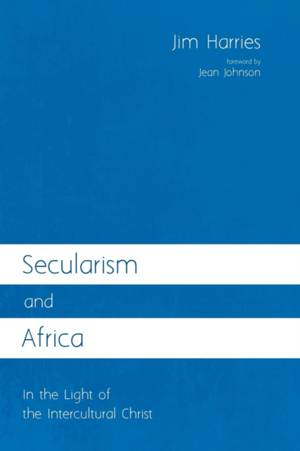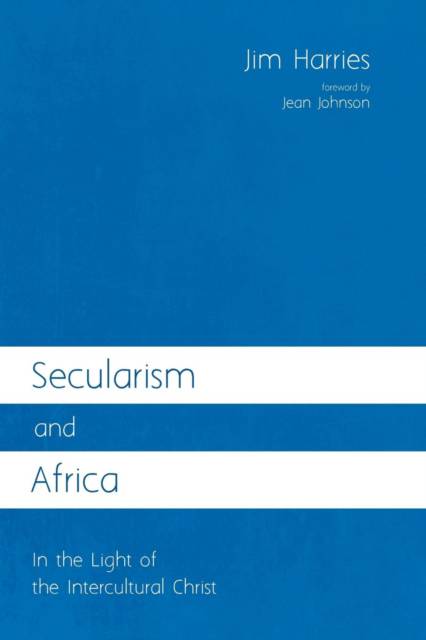
Bedankt voor het vertrouwen het afgelopen jaar! Om jou te bedanken bieden we GRATIS verzending (in België) aan op alles gedurende de hele maand januari.
- Afhalen na 1 uur in een winkel met voorraad
- In januari gratis thuislevering in België
- Ruim aanbod met 7 miljoen producten
Bedankt voor het vertrouwen het afgelopen jaar! Om jou te bedanken bieden we GRATIS verzending (in België) aan op alles gedurende de hele maand januari.
- Afhalen na 1 uur in een winkel met voorraad
- In januari gratis thuislevering in België
- Ruim aanbod met 7 miljoen producten
Zoeken
€ 34,95
+ 69 punten
Omschrijving
Secular assumptions underlie much formal communication between the West and Africa, and even intra-Africa. Secularism is dualistic by nature, but thinking in Africa is mostly monistic. This book suggests that it is better to be rooted in faith in Christ than in so-called secularism. The great respect given to the Bible in much of Africa verifies this idea. Communication of and through Christ is a bridge that can enable indigenous sustainable development. The same gospel is the bridge over which the West itself passes. Maintaining supposedly secular presuppositions may be denying sub-Saharan African people the means for self-initiated sustainable progress. This books draws on anthropology, linguistics, and theology, as well as the author's experience of living in Africa. Harries shares an autobiographical account of personal long-term grassroots ministry, and proposes a revision of widely held understandings of linguistics pertaining especially to the relationship between the West and Africa. He also looks at Bible teaching ministry in light of contemporary African contexts.
Specificaties
Betrokkenen
- Auteur(s):
- Uitgeverij:
Inhoud
- Aantal bladzijden:
- 170
- Taal:
- Engels
Eigenschappen
- Productcode (EAN):
- 9781625647702
- Verschijningsdatum:
- 15/04/2015
- Uitvoering:
- Paperback
- Formaat:
- Trade paperback (VS)
- Afmetingen:
- 150 mm x 224 mm
- Gewicht:
- 249 g

Alleen bij Standaard Boekhandel
+ 69 punten op je klantenkaart van Standaard Boekhandel
Beoordelingen
We publiceren alleen reviews die voldoen aan de voorwaarden voor reviews. Bekijk onze voorwaarden voor reviews.









